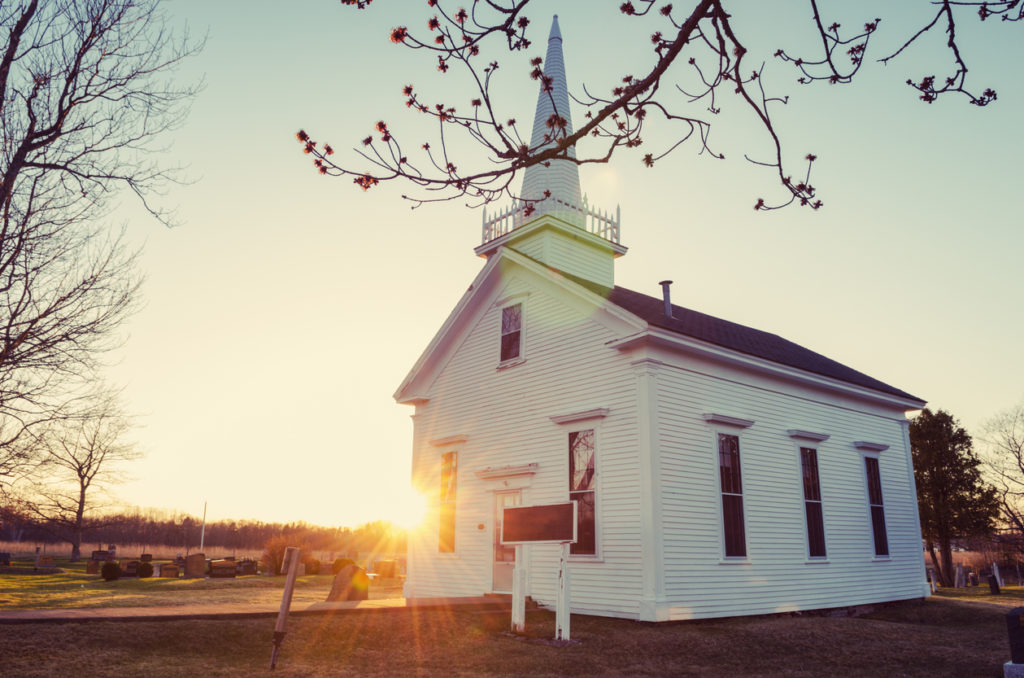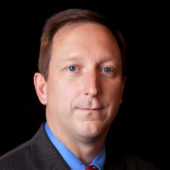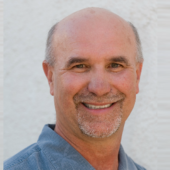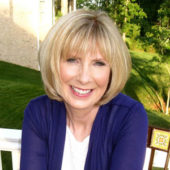If you’re reading this, you’ve probably heard the term, “fake news.” The label, applied to biased or misleading stories presented as objective reporting, gained heightened levels of prominence this year. Collins Dictionary even named “fake news” as their Word of the Year for 2017.
As we search for truth, Ed Stetzer points out specific challenges for believers in the “fake news” age.
“We know that Christians are often the target of fake news. For example, the ads from the Russian bots were actually often religious. Furthermore, it appears that sometimes Christians are more likely to disbelieve things that they don’t want to hear. I’m not saying that every news source is perfect or there’s not bias in the media, but if every time we hear something don’t like, we yell “fake news”… remember we’re people of the truth.
“The truth will set you free, and truth deeply matters: we need to live that way.”
In a sea of information from every imaginable source, it’s important to be discerning about the news we believe and the stories we share. We should also beware of the tendency to label something “fake news” merely because it’s disagreeable or uncomfortable to us.
“Social media creates an echo chamber, where the unbelievable becomes believable. One of the things that just grieved me was many Christians spreading around conspiracy theories that have been widely disproved and widely ridiculed because sometimes their hatred for people who have different political views overwhelms their love for the truth.”
“Outlandish stories only became believable because we’ve been in an echo chamber for so long. So I would say first listen to people who are different than you–that’s OK. Walk the journey with people who are different you–that’s OK. But at the same time, always insist on the truth.”
One of the consequences of fake news for believers is that it can undermine our witness.
“We’ve got an odd story we believe: God the Son was born Jesus the Christ, that He lived a sinless life, that He died on the cross, and God raised Him from the dead on the third day.”
“That is a pretty strange story. If we’re saying that, and others say ‘well, they believe all kinds of crazy stuff, and they think everything they disagree with ‘fake news.” They’re going to discount the greatest news: the gospel itself. We don’t want our gullibility toward fake news to overwhelm or undermine our desire to tell the good news of Christ.”
If we want to be people of the truth, the best solution is to steep ourselves in the ultimate truth of Christ. The closer we get to the truth of God’s word, the more easily we can recognize a false report, or even false opinions in ourselves.
“In the midst of this, the truth is more important than protecting our reputation. Jesus doesn’t need you to protect His reputation. What He needs is you to be a person of truth–to follow Jesus, to walk in the light of His truth, and help speak the truth into a culture that, in many ways, is abandoning the truth.”
Ed Stetzer is a researcher, author, pastor and church-planter. He holds the Billy Graham Chair of Church, Mission, and Evangelism at Wheaton College and serves as Executive Director of the Billy Graham Center for Evangelism.
For more on this topic, see Ed’s article, “Being a People of Truth in a World of Fake News.“
Getting real about fake news



















